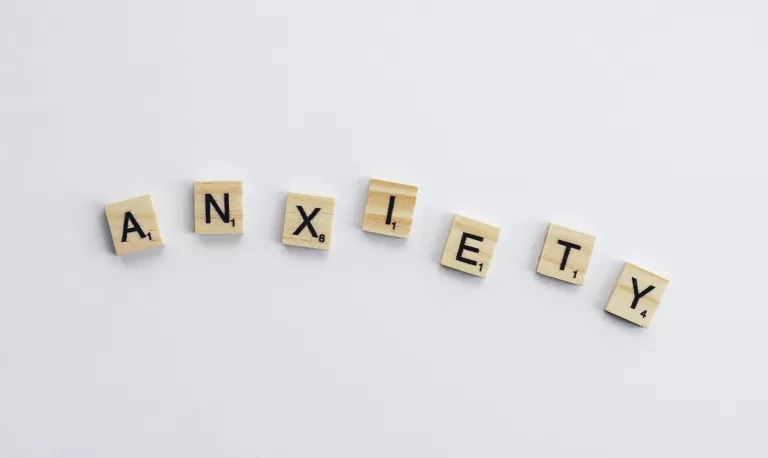In our fast-paced world, sleep is often sacrificed. Whether it's late-night work, binge-watching shows, or scrolling on social media, getting enough rest can feel like a luxury. However, sleep is crucial for your mental health. Reasons to get more sleep include its positive impact on stress reduction, emotional balance, and overall well-being.
1. It helps stabilize your emotions
Reasons to get more sleep include its ability to help regulate your emotions more effectively, leaving you better equipped to handle life’s ups and downs. With adequate rest, your brain can function optimally, allowing you to maintain emotional balance and resilience throughout the day. Have you ever snapped at someone or felt on edge when you didn’t get enough sleep? Lack of rest can make your emotions feel much more intense. Our brains need sleep to process emotions, helping us manage stress and mood swings. Without enough rest, we can find ourselves more irritated, anxious, and even sad for no apparent reason.
2. You become more resilient to stress
We all know what it’s like to feel overwhelmed. But did you know that sleep plays a huge role in how well we handle stress? When you don’t get enough rest, your body increases cortisol levels—the stress hormone. High cortisol levels can leave you feeling anxious, irritable, and make everything seem more difficult than it actually is.
Getting enough sleep allows your body to manage cortisol production more effectively, helping you stay calm and level-headed when stress strikes.
3. Your focus and productivity improve
Ever tried to work through the day on little to no sleep? It’s tough. When you’re sleep-deprived, your brain doesn’t function at its best. It becomes harder to concentrate, your memory fades, and even the simplest tasks feel challenging.
On the flip side, reasons to get more sleep include giving your brain the chance to refresh and reset. When you rest well, it becomes easier to focus, think clearly, and remember important details. You’ll be able to tackle tasks with more energy and efficiency.
4. Your heart health benefits
Getting enough sleep is essential for maintaining a healthy heart. Chronic sleep deprivation has been linked to an increased risk of high blood pressure, heart disease, and stroke. By prioritizing sleep, you allow your body to repair and recharge, keeping your cardiovascular system in check and reducing your risk of heart-related issues.
5. Supports weight management
Sleep plays a key role in regulating the hormones that control hunger, such as ghrelin and leptin. When you don’t get enough rest, your body produces more ghrelin, which makes you feel hungrier, and less leptin, which makes it harder to feel full. This imbalance can lead to overeating and weight gain. Getting proper rest helps maintain a healthy balance, supporting your weight management efforts.
6. Better immune system function
Sleep is crucial for a strong immune system. When you don’t get enough sleep, your body struggles to produce the proteins and cells that help fight off infections. Adequate rest allows your immune system to function optimally, reducing your risk of illness and helping you stay healthy in the long run.
References:
- Walker, M. (2017). Why We Sleep: The New Science of Sleep and Dreams. Scribner.
- Papadimitriou, G. N., & Linkowski, P. (2005). Sleep disturbance in anxiety disorders. International Review of Psychiatry, 17(4), 229–236. https://doi.org/10.1080/09540260500104524
- Cohen, S., Doyle, W. J., Alper, C. M., Janicki-Deverts, D., & Turner, R. B. (2009). Sleep habits and susceptibility to the common cold. Arch Intern Med, 169(1), 62–67. doi:10.1001/archinternmed.2008.505
- Thomas, L. (n.d.). Ghrelin and Sleep. News-Medical. Retrieved from https://www.news-medical.net/health/Ghrelin-and-Sleep.aspx
- Spiegel, K., Leproult, R., & Van Cauter, E. (1999). Impact of sleep debt on metabolic and endocrine function. The Lancet, 354(9188), 1435-1439. doi:10.1016/S0140-6736(99)01376-8
- Taheri, S., Lin, L., Austin, D., et al. (2004). Short sleep duration is associated with reduced leptin, elevated ghrelin, and increased body mass index. PLoS Med, 1(3), e62. doi:10.1371/journal.pmed.0010062
- Tsuno, N., Besset, A., & Ritchie, K. (2005). Sleep and depression. The Journal of Clinical Psychiatry, 66(10), 1254-1269. doi:10.4088/jcp.v66n1008




